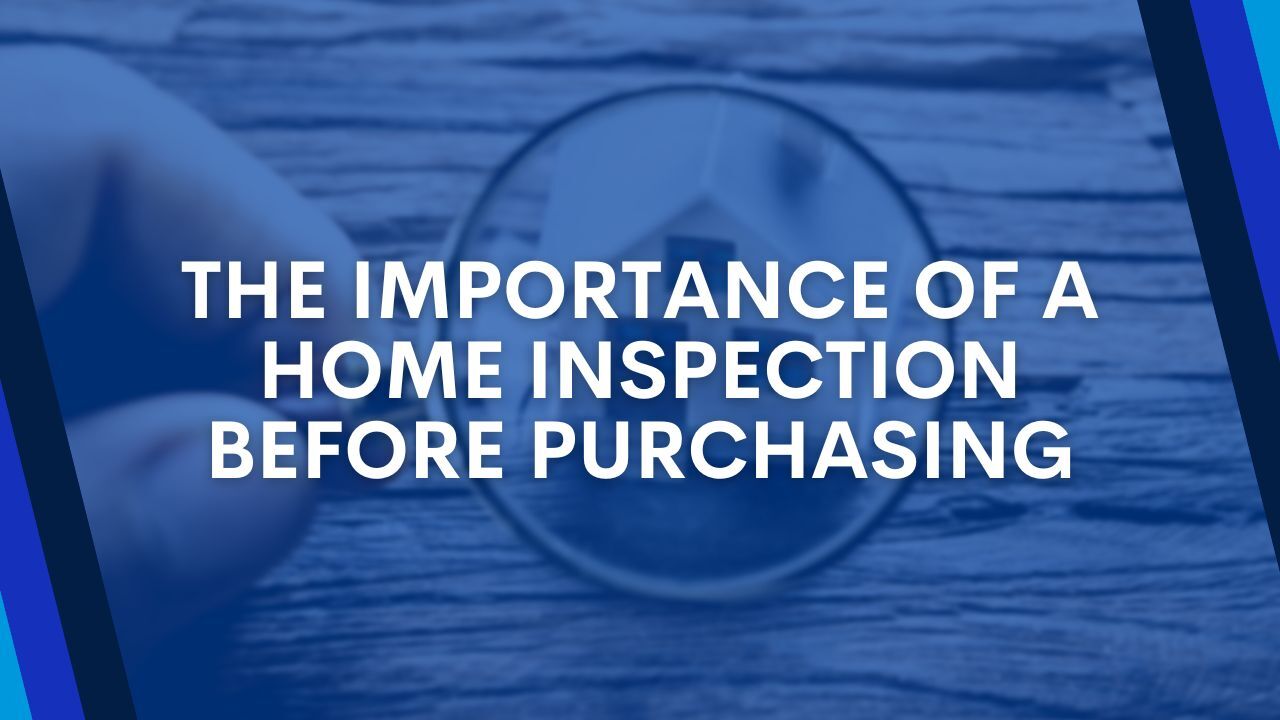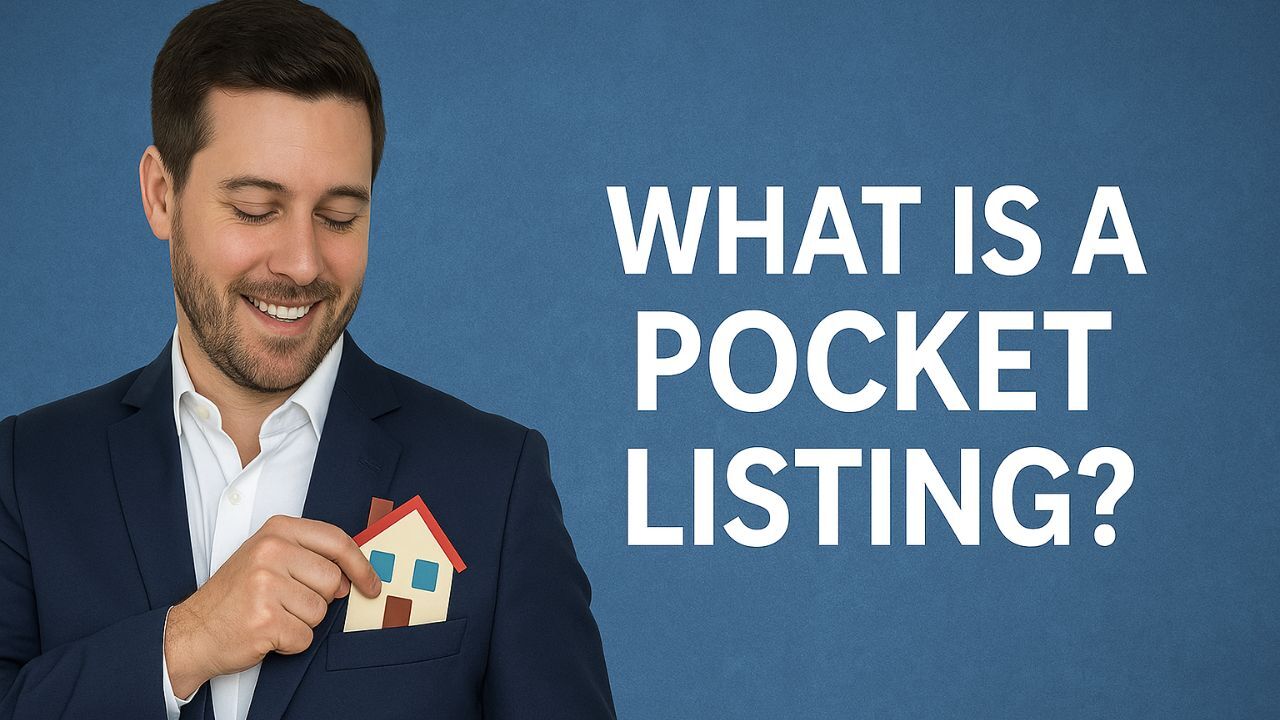 Buying a home is one of the biggest financial commitments most people make in their lifetime. While the process can be exciting, it is also full of important steps that protect your investment. One of the most critical yet sometimes overlooked steps is the home inspection.
Buying a home is one of the biggest financial commitments most people make in their lifetime. While the process can be exciting, it is also full of important steps that protect your investment. One of the most critical yet sometimes overlooked steps is the home inspection.
Uncovering Hidden Issues
A home may look perfect on the surface, but only a thorough inspection can reveal what is going on behind the walls, under the roof, or in the foundation. A certified home inspector checks the major systems of the home, including electrical, plumbing, HVAC, and structural components. These findings help you understand what repairs may be needed and what kind of maintenance to expect.
Without a home inspection, buyers run the risk of moving into a property that needs thousands of dollars in unexpected repairs. This could quickly turn your dream home into a costly burden.
Leverage for Negotiation
The results of a home inspection report can be used as a negotiation tool. If the inspection uncovers issues, buyers may ask the seller to make repairs or offer a credit at closing. In some cases, the seller may agree to lower the purchase price.
Even if the issues are minor, knowing them in advance gives buyers a more complete picture of the property and a better position to make informed decisions. In a competitive market, some buyers may consider waiving the inspection to strengthen their offer, but that can lead to major regret down the line.
Peace of Mind and Long-Term Planning
A home inspection offers peace of mind. It confirms that you are making a sound investment and gives you confidence moving forward with the purchase. Even if the report lists only minor issues, it helps you understand how to maintain the home over time.
For example, the inspector may note that the water heater is working but nearing the end of its lifespan. This does not have to be a deal-breaker, but it gives you time to budget for a future replacement.
Protecting Your Investment
Buying a home without an inspection is a gamble. A few hundred dollars spent on an inspection can save thousands later and may even prevent you from buying a property that is not safe or structurally sound. It is one of the smartest steps you can take to protect yourself and your future.
As a real estate agent, I always recommend a full inspection to my clients, regardless of the home’s age or condition. It is not about slowing the process down, it is about making sure you are fully informed and protected every step of the way.
 Buying a new home before selling your current one can feel like walking a financial tightrope. While it allows for a smoother transition and avoids the need for temporary housing, it also requires thoughtful planning and the right strategy. If you are considering making a move without selling first, here are key factors to understand and steps to take to make the process work for you.
Buying a new home before selling your current one can feel like walking a financial tightrope. While it allows for a smoother transition and avoids the need for temporary housing, it also requires thoughtful planning and the right strategy. If you are considering making a move without selling first, here are key factors to understand and steps to take to make the process work for you. Walk into an open house and you might expect fresh flowers, cozy furnishings, and soft lighting. But occasionally, you will also spot something more unexpected family portraits in frames that do not match the owner. That’s because some sellers purposely leave behind staged or even fake family photos. While it may sound odd at first, this tactic is rooted in buyer psychology and strategic marketing.
Walk into an open house and you might expect fresh flowers, cozy furnishings, and soft lighting. But occasionally, you will also spot something more unexpected family portraits in frames that do not match the owner. That’s because some sellers purposely leave behind staged or even fake family photos. While it may sound odd at first, this tactic is rooted in buyer psychology and strategic marketing. A pocket listing is a property that is for sale, but not publicly advertised. It is not listed on major real estate websites or even MLS. Instead, the agent keeps the listing “in their pocket,” only sharing it with trusted colleagues, buyers, or clients they know are serious.
A pocket listing is a property that is for sale, but not publicly advertised. It is not listed on major real estate websites or even MLS. Instead, the agent keeps the listing “in their pocket,” only sharing it with trusted colleagues, buyers, or clients they know are serious. In a competitive real estate market, buyers may feel pressured to make their offers more attractive by waiving contingencies—especially the home inspection. While skipping a home inspection might seem like a way to speed up the buying process or make an offer stand out, it can be a costly mistake with long-term consequences. Here’s why a home inspection should always be part of your home-buying process, no matter how competitive the market is.
In a competitive real estate market, buyers may feel pressured to make their offers more attractive by waiving contingencies—especially the home inspection. While skipping a home inspection might seem like a way to speed up the buying process or make an offer stand out, it can be a costly mistake with long-term consequences. Here’s why a home inspection should always be part of your home-buying process, no matter how competitive the market is. Why Location is Everything in Selling a Home
Why Location is Everything in Selling a Home